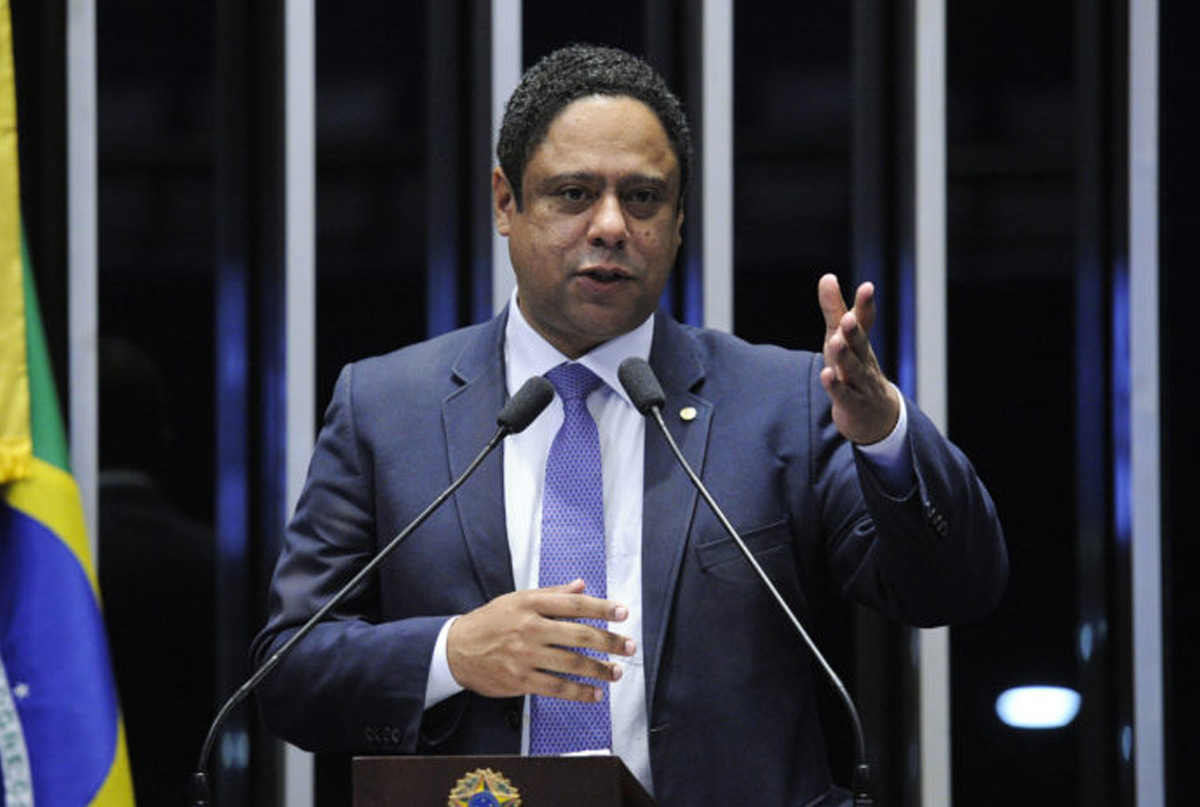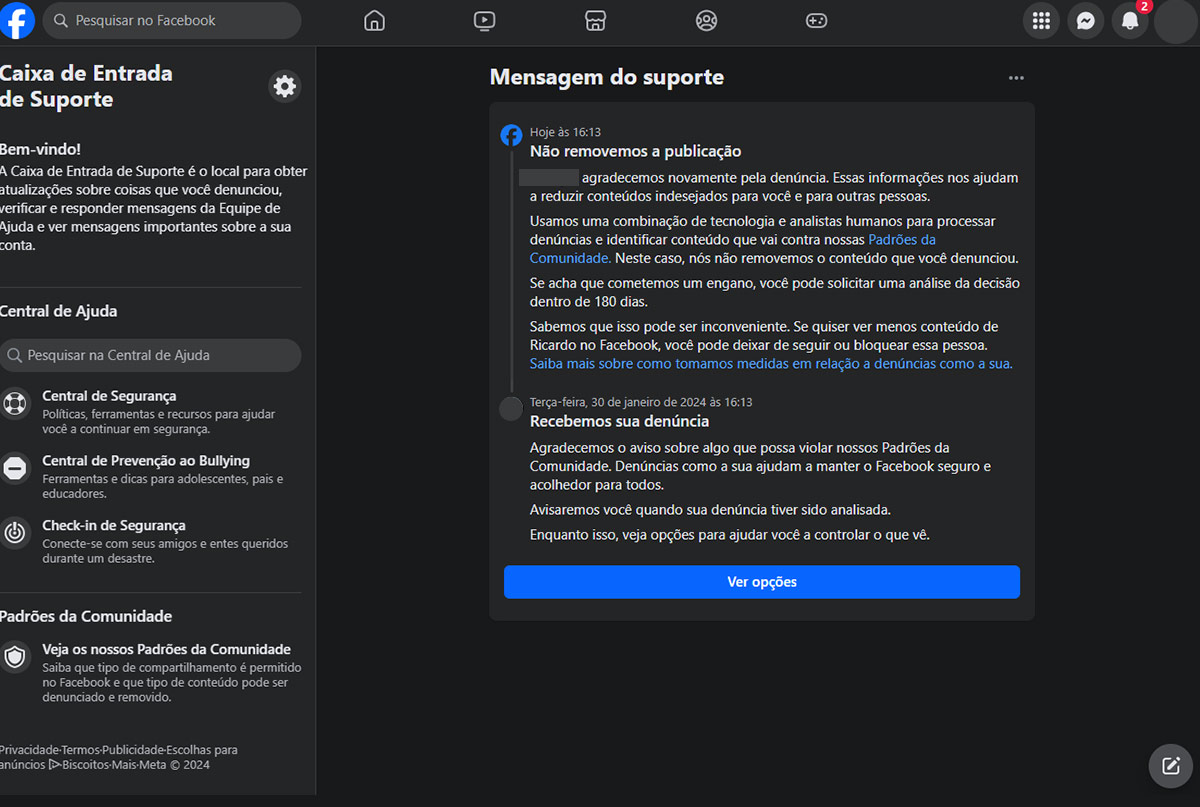The digital era has brought extraordinary advances but also significant challenges. In Brazil, the Internet Regulatory Framework, created in 2014, represents a crucial effort to balance online freedom with responsibility. However, the persistence of harmful posts on social media, combined with the influence of big tech companies and the controversy surrounding the Bill 2630/20, Fake News Law, presents complex challenges. In this article, we will explore the current context, highlighting the difficulties in removing harmful content and how it affects Brazilian society.
Internet Regulatory Framework: An attempt at balance
The Internet Regulatory Framework, sanctioned in 2014, sought to establish principles, guarantees, and duties for the use of the internet in Brazil. The framework emphasizes net neutrality in the face of fakes, user privacy, and platform responsibility. Although it was a significant step towards a safer digital environment, it faces considerable challenges in the effective implementation of its guidelines, especially concerning the removal of harmful content.
The Challenge of Content Moderation: Racism, homophobia, and fake news persist
Thousands of posts related to sensitive topics such as racism, homophobia, threats, and fake news are reported daily on social media. However, the effectiveness in removing such content remains below expectations. The dilemma between freedom of expression and responsibility in content moderation highlights the complexity of this scenario.
The fight against harmful speeches reveals the need to improve moderation mechanisms and the effective application of the Internet Regulatory Framework. Society awaits faster and more consistent responses to deal with the negative impact of these posts.
Fake News Bill: The debate on misinformation and responsibility
The Fake News Bill (PL), presented by Deputy Orlando Silva of PCdoB-SP, emerges as a legislative response to the challenge of misinformation. The bill aims to hold digital platforms accountable for the rapid removal of misleading content, emphasizing the importance of combating the spread of fake news. The debate around this proposal reflects the search for effective solutions to contemporary internet challenges.

Google, Meta, and Telegram conducted a massive fake disinformation campaign against the Fake News Bill, leading the project's rapporteur, Orlando Silva, to request its removal from the voting agenda to mobilize more deputies for regulation approval.
Big Techs and Democracy: Between contribution and imposition
The well-known big techs have acted criminally instead of playing a crucial role in shaping the digital landscape. However, the influence of these tech giants has faced criticism, especially when imposing their own user standards and, in some cases, resisting collaboration with justice. Political polarization, the spread of fake news, and distrust in democratic institutions are some of the consequences of this conflict.
Social Impacts: A less tolerant and healthy scenario
The impact of this complex situation is directly reflected in society's well-being. Constant exposure to harmful posts, coupled with a lack of effective actions, contributes to a less tolerant online and offline environment. Users' mental health is affected, leading to anxiety and polarization. Democracy, in turn, suffers from the questionable influence of big techs and the challenges surrounding the Fake News Bill.
Future Perspectives: In search of integrated solutions
To build a healthier digital environment, it is crucial to seek integrated solutions. Improving content moderation mechanisms, advancing the debate on the Fake News Bill, and promoting transparency and responsibility by big techs are necessary steps. Only through a collective and effective approach will it be possible to address present challenges and shape the future of the internet in Brazil positively.
The search for a balance between freedom and responsibility, along with concrete actions and effective regulations, is essential to create a digital environment that promotes dialogue, truth, and tolerance. Brazil, like the rest of the world, faces a significant challenge, but through collaboration and the search for solutions, we can find a path to a healthier and more democratic internet. Otherwise, more innocent people, like youtuber Paulo Cezar Goulart Siqueira, 37, and young Jéssica Vitória Canedo, 22, may succumb to false news, as in the case involving her and comedian Whindersson Nunes, motivating her to commit suicide.
Seek help
If you need help, talk to someone close, or if you prefer, seek the Centro de Valorização da Vida (Life Valuation Center) or call 188 in Brazil, which operates 24/7. Don't be alone!
Read also
WhatsApp has become a warehouse of involuntary pornography









Add comment